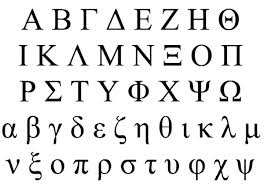
Werner Heisenberg
Werner Heisenberg
Uncertainty principle was proposed by German physicist Werner Heisenberg in 1927. Werner Heisenberg (1901-1976) was born in Duisberg, Germany. He studied theoretical physics at Munich, received Nobel Prize in 1932. He stayed in Germany during Second World War and led research for nuclear weapon project. A gunman was sent by United States to shoot him. But he abstained from shooting because Heisenberg’s remarks on the advancement of nuclear program confused him.
The Uncertainty Principle
Both position and momentum of a particle of atomic order can’t be measured with perfect accuracy. If position is determined with more accuracy momentum will be known with less accuracy and vice versa.
Here delta x is the uncertainty or possible error in determining position of the particle in x-coordinate, p is uncertainty of momentum in x- coordinate. That means product of these two variables is in the order of or greater than half of reduced Plank’s constant.
The principle is also applicable for other two axes. There are some other uncertainty relations with energy-time and angular momentum-angular position variables.
In essence, it is not possible to design any experiment to determine both variables accurately. If we determine one with complete accuracy other will be uncertain and this is the uncertainty principle.

















